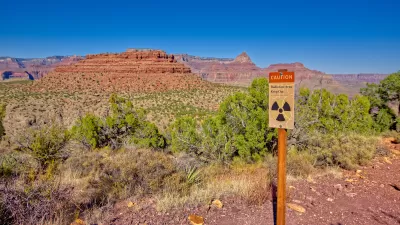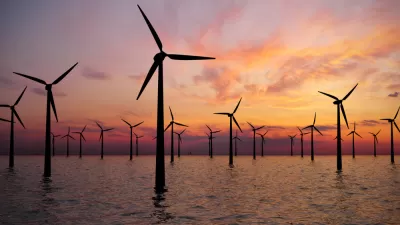The Denmark-based toy company just broke ground on a new carbon-neutral run factory in Chesterfield County near Richmond, Virginia.

LEGO is well-known for its variously colored interlocking plastic bricks accompanying an array of gears, figurines called minifigures, and various other parts. Soon, it will be recognized for having one of the largest carbon-neutral factories in the world. When completed in 2025, the LEGO factory aims to demonstrate net-zero emissions from electricity and fuel use using on-site or off-site renewable energy.
The 340-acre site will have rooftop and ground solar panels (15,000 to 20,000 roof panels and 35,000 to 40,000 ground panels), and an on-site 35 to 40 megawatt solar plant, targeted to fulfil the total annual energy requirements of the site. The site will be designed to support the company’s sustainability goals, which include reducing its absolute global carbon emissions by 37 percent by 2032. The company will use the latest energy-efficient production equipment, while buildings and manufacturing processes are designed to minimize energy use.
There will be 13 buildings spanning more than 1.7 million square feet, ranging from office spaces, molding, processing, packing buildings, and a high bay warehouse. LEGO aims to secure Leadership in Energy & Environmental Design (LEED) gold certification for the new factory once it is completed.
FULL STORY: LEGO breaks ground on $1B carbon-neutral factory in Virginia

Planetizen Federal Action Tracker
A weekly monitor of how Trump’s orders and actions are impacting planners and planning in America.

Chicago’s Ghost Rails
Just beneath the surface of the modern city lie the remnants of its expansive early 20th-century streetcar system.

San Antonio and Austin are Fusing Into one Massive Megaregion
The region spanning the two central Texas cities is growing fast, posing challenges for local infrastructure and water supplies.

Since Zion's Shuttles Went Electric “The Smog is Gone”
Visitors to Zion National Park can enjoy the canyon via the nation’s first fully electric park shuttle system.

Trump Distributing DOT Safety Funds at 1/10 Rate of Biden
Funds for Safe Streets and other transportation safety and equity programs are being held up by administrative reviews and conflicts with the Trump administration’s priorities.

German Cities Subsidize Taxis for Women Amid Wave of Violence
Free or low-cost taxi rides can help women navigate cities more safely, but critics say the programs don't address the root causes of violence against women.
Urban Design for Planners 1: Software Tools
This six-course series explores essential urban design concepts using open source software and equips planners with the tools they need to participate fully in the urban design process.
Planning for Universal Design
Learn the tools for implementing Universal Design in planning regulations.
planning NEXT
Appalachian Highlands Housing Partners
Mpact (founded as Rail~Volution)
City of Camden Redevelopment Agency
City of Astoria
City of Portland
City of Laramie





























